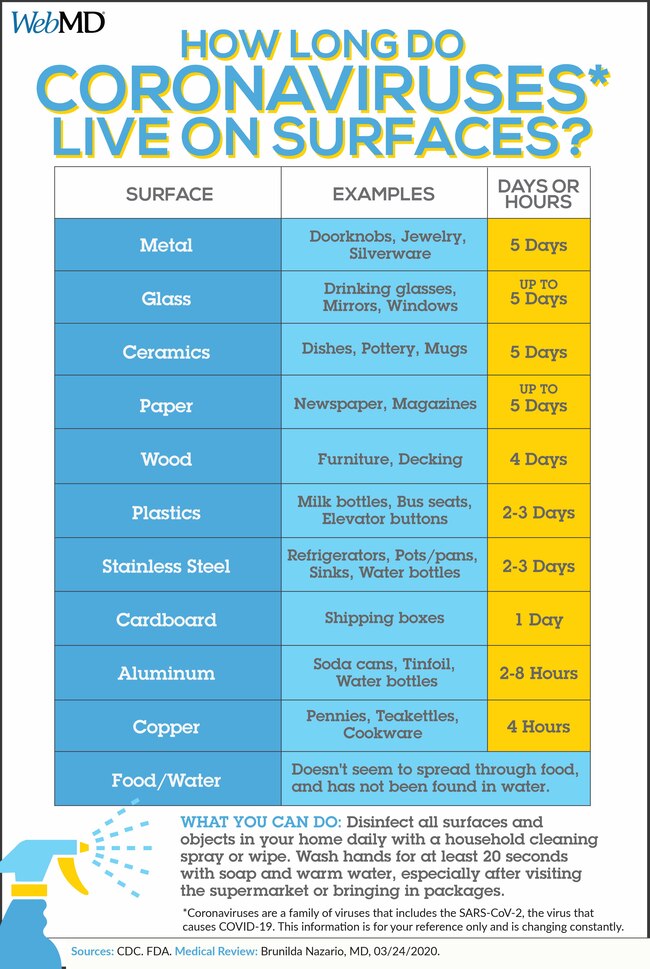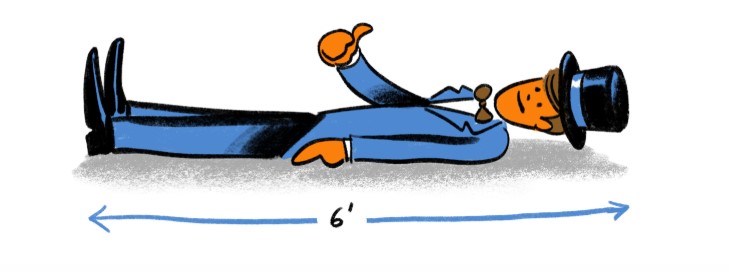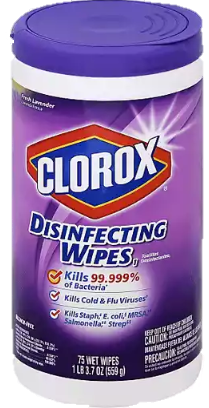
We all are going through very difficult time during the COVID-19 pandemic.
Click here to read about the Corona virus (COVID-19) in detail.
This article is mainly focused on safety measures to avoid corona virus infection.

Washing hands:
- Wash your hand regularly with plenty of soap and water for 20 seconds (video).
- You can use an alcohol-based hand sanitizer containing >60% alcohol.
- You can make your own hand sanitizer at home by using simple 2 ingredients (Video)
- Do not touch your eyes, mouth, or nose with unclean hands.
- Avoid handshakes
Additional key times to clean hands include:
- After blowing one’s nose, coughing, or sneezing
- After using the restroom
- Before eating or preparing food
- After contact with animals or pets
- Before and after providing routine care for another person who needs assistance (e.g. a child)
Using face mask: Using the face mask reduces the risk of you giving it to others.
Remember that some people without symptoms may be able to spread the virus!!!
The current CDC 1 recommendation is to use cloth face coverings fashioned from household items or made at home from common materials at low cost. Critical supplies like surgical masks or N-95 masks are being reserved for healthcare workers.
Some tutorials to make face masks/coverings:
- Using handkerchief or bandana
- Using socks (Video)
Social distancing:
- Even if you are healthy, limiting contact with other people can help slow the spread of disease. Experts call this “social distancing.”
- Practice Social distancing, which is remaining at least 6 feet/2 meters away from other people.
- Avoid social gatherings with 10 or more people. Stay 6 feet or 2 meters away from people. Avoid eating at restaurants and food courts. If you absolutely must eat out rather than cook at home then use drive through, pick up or delivery options.
- Cleaning is about removing contaminants from a surface.
- Disinfecting is about killing pathogens.
First, clean the surfaces and then apply disinfectant.
The coronavirus can live for hours to days on surfaces 2 like counter-tops and doorknobs. How long it survives depends on the material the surface is made from. Keep in mind that researchers still have a lot to learn about the new coronavirus that causes COVID-19. For example, they don’t know whether exposure to heat, cold, or sunlight affects how long it lives on surfaces.

Metal
Examples: doorknobs, jewelry, silverware
5 days
Wood
Examples: furniture, decking
4 days
Plastics
Examples: packaging like milk containers and detergent bottles, subway and bus seats, backpacks, elevator buttons
2 to 3 days
Stainless steel
Examples: refrigerators, pots and pans, sinks, some water bottles
2 to 3 days
Cardboard
Examples: shipping boxes
24 hours
Copper
Examples: pennies, teakettles, cookware
4 hours
Aluminum
Examples: soda cans, tinfoil, water bottles
2 to 8 hours
Glass
Examples: drinking glasses, measuring cups, mirrors, windows
Up to 5 days
Ceramics
Examples: dishes, pottery, mugs
5 days
Paper
The length of time varies. Some strains of coronavirus live for only a few minutes on paper, while others live for up to 5 days.
Food
According to the FDA, there is no evidence to suggest that food or food packaging can transmit the novel coronavirus. So there is currently no need to disinfect food or food packaging any more than you usually would.
Just observe standard food safety and wash your hands afterward. Still, it’s a good idea to wash fruits and vegetables under running water before you eat them. Scrub them with a brush or your hands to remove any germs that might be on their surface. Wash your hands after you visit the supermarket. If you have a weakened immune system, you might want to buy frozen or canned produce.
Do not wash fruits and veggies with soap and water. Ingesting soap can cause nausea, vomiting and diarrhea.
Department of Agriculture, recommends washing produce (fruits and vegetables) in cold water.
If you are worried about pesticide on the produce, you can use 1 tbs of baking soda for every 2 cups of water, soak the produce for 14-20 minutes, then rinse thoroughly. You can also use 3 cups water, 1 cup vinegar and 1 tbs lemon juice (optional)-either spray or soak for 2-3 min.
Cooking food is also thought to kill the virus.
Water
Coronavirus hasn’t been found in drinking water. If it does get into the water supply, your local water treatment plant filters and disinfects the water, which should kill any germs.
Fabric
So far, evidence suggests that it’s harder to catch the virus from a soft surface (such as fabric) than it is from frequently touched hard surfaces like elevator buttons or door handles.
To reduce your chance of catching or spreading coronavirus, clean and disinfect all surfaces and objects in your home and office every day. This includes:
- Counter-tops
- Tables
- Doorknobs
- Bathroom fixtures
- Phones
- Keyboards
- Remote controls
- Toilets
Keep surfaces clean, even if everyone in your house is healthy. People who are infected may not show symptoms, but they can still shed the virus onto surfaces.
How to clean surfaces:
You can use store bought sanitizing wipes and disinfectant solution/spray or you can make them at home easily.
Home made sanitizing wipes: tutorial video
Disinfectant solution with bleach: video
Bleach is very effective at killing the coronavirus.
Prepare a bleach solution by mixing:
5 tablespoons (1/3rd cup) bleach per gallon of water or 4 teaspoons bleach per quart of water.
- The best practice is to keep your solution in a dark cool place.
- Water and bleach solutions start losing potency after 24hrs.
- Make bleach solution sufficient for one day at a time.
- Wear disposable gloves to clean and disinfect.
- Unexpired household bleach will be effective against corona viruses when properly diluted.
- Never mix household bleach with ammonia or any other cleanser. Very dangerous
- Leave solution on the surface for at least 1 minute.
For electronics, such as tablets, touch screens, keyboards, and remote controls: use alcohol-based wipes or sprays containing at least 70% alcohol. Dry surface thoroughly. Bleach and other non alcohol products can damage the screen of a phone or tablet.
Laundry: For clothing, towels, linens and other items use the warmest water. Wear disposable gloves when handling dirty laundry from a sick person. Remove gloves and wash hands right away.
Money: Try to use online payment when possible. If you are handling paper bills/notes, wash your hands after handling it.
Stay home as much as possible.
If you need to go out:
- Use a face mask
- Use Hand sanitizer
- Maintain social distancing (6 feet/2 meters)
- Avoid touching your eyes/mouth/nose
- Avoid public transportation if possible
- Once you come home, wash your hands, either put your clothes in laundry or soak them in hot water+soap.
- Clean surfaces (boxes, cans, packages) with the wipes or spray
- Clean your mobile, wallet, keys with alcoholic wipes
- Try not to open boxes and packages right away. Leave them overnight or 1-2 days. Then open them and wash your hands after handling them.
- Dispose used gloves and tissue papers properly in trash can.
- If you have ordered food, make sure you have your delivery food left at the door to limit the contact with the delivery person.
- Empty the food containers into your plates and discard them.
- Do not forget to wash your hands before you eat food.
- Exposing yourself to the sun or to temperatures higher than 25 C degrees does not prevent the virus.
- You can catch COVID-19, no matter how sunny or hot the weather is.
- Drinking alcohol does not protect you against COVID-19 and can be dangerous 4.
- Taking a hot bath will not prevent you from catching COVID-19.
- To date there has been no information nor evidence to suggest that the new coronavirus could be transmitted by mosquitoes.
- Hand dryers are not effective in killing the virus.
- UV (ultra violet) lamps should not be used to sterilize hands or other areas of skin as UV radiation can cause skin irritation.
- Due to frequent hand washing, your hands may get dry. Use a good moisturizer to prevent it.
- Being able to hold your breath for 10 seconds without coughing does not mean that you are free from coronavirus.
- Corona virus does not enter into your body through the skin.
- Last but not least, beware of fake information/news and fake medicines !!
References:
- https://www.cdc.gov/coronavirus/2019-ncov/index.html
- https://www.webmd.com/lung/how-long-covid-19-lives-on-surfaces
- https://www.fda.gov/emergency-preparedness-and-response/mcm-issues/coronavirus-disease-2019-covid-19-frequently-asked-questions
- https://www.who.int/emergencies/diseases/novel-coronavirus-2019/advice-for-public/myth-busters



Very concise and easy to understand and follow. Nice.
Nice and useful information everyday we can follow and we need to make above suggestions as habituated
Thank you for sharing with us
Nice presentation.
Thoughtful of you to have provided appropriate video links.
Good blog. 👍👍
Simple and detailed explaination, the guidelines are good to follow in this situation.
Thanks Dr.Savitra for sharing basic but most valuable information in this epidemics.
Quite informative! I received answers for many questions, spoken and unspoken. I’m sure we have been washing our hands very often an recommended. We may have missed at least one from the list you provided. Thank you doctor!
Thank you Dr. Bandari for the info
Nice article
Thank you 🙂
Nice useful article in corona 2 nd wave ..
Thank you 🙂